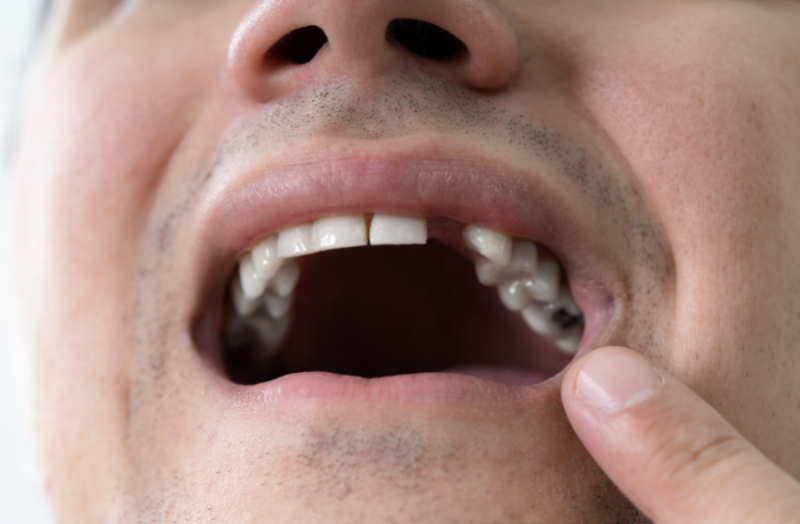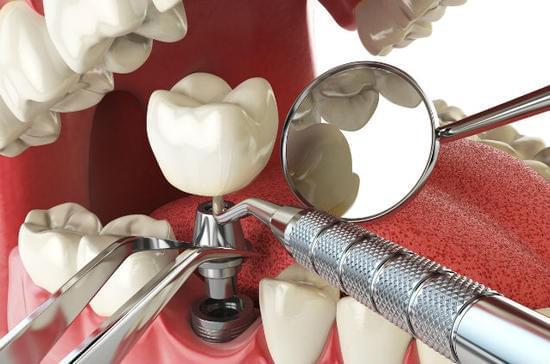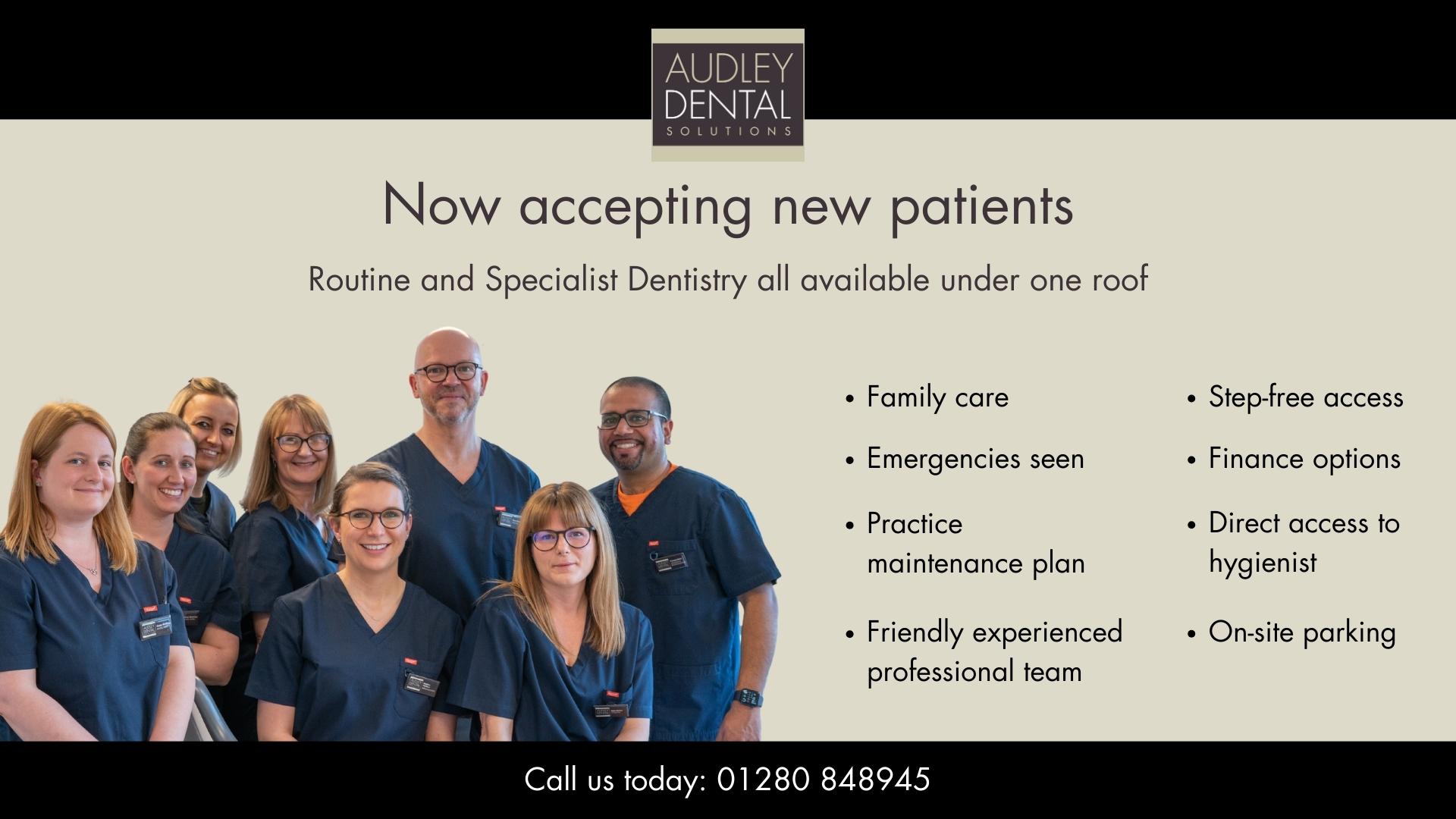Losing a back tooth might not seem like a big deal but leave it too long and problems can arise. Bone loss, sunken cheeks and loss of biting and chewing function are all strong arguments for filling the gap – and implants are the perfect solution.
Dr Chris Wood
Dental Implant Surgeon
BDS MFGD, Dip Imp Dent (RCS Eng) FFGDP (UK) GDC No: 57428
Mind the gap
Many adults in the UK will lose a tooth at some point in their lives, whether it’s through natural decay, playing sport or sheer bad luck. Whilst losing one from the front is almost certainly going to result in dental work as it has a huge impact on your overall appearance, losing one at the back of your mouth might seem much less serious. After all there are plenty of other teeth to step in and do the job and who’s going to see it?

However, leaving a gap in any area of your mouth can have detrimental, long-term effects not only on your oral health, but also in terms of your confidence and jaw function. Here’s why it’s so important to replace that missing tooth.
Looking good
Most of us have our confidence knocked when something happens to affect our appearance, like losing a tooth. Missing or broken teeth can impact the way you feel about yourself, you might change the way you talk to reveal less of your teeth or put your hand over your mouth when you speak.
More significantly perhaps, is that part of the job that your teeth do is to support your cheeks. When you lose a tooth, it changes this structure and this can cause cheeks to sag in the affected are, resulting in a sunken appearance. In addition, the neighbouring teeth can then start to shift as they compensate for extra chewing and biting causing a domino effect as other teeth then shift to fill the subsequent gaps. Before you know it, you’re left with multiple gaps, teeth at odd angles and a very different smile. Not only can this affect your confidence, it could also result in a hefty orthodontic bill if you decide to seek help further down the line.
Taking the strain
All teeth are designed to do specific tasks within your mouth, whether it’s biting, chewing or grinding. When you lose a tooth, and the other teeth start to compensate for their missing teammate, they begin to do tasks they’re not designed for, becoming broken, cracked or worn as a result. This damage can then cause weakening and further tooth loss in the same area. Whichever way you look at it, allowing other teeth to do the job of a missing tooth rather than replacing it is a risky, expensive, and sometimes painful decision to deal with in years to come.
Staying healthy
Day to day, your teeth have a ready supply of minerals to keep them healthy and strong. When a tooth is lost, the body realises that specific area of the jawbone no longer has a purpose and starts to send those essential minerals to other parts of the body instead. Without that mineral supply to keep it strong, the jaw begins to reduce in bone mass which can lead to changes in your facial shape.
Pain when eating can also be an issue. If a root is left exposed as a result of tooth damage, when a piece of food touches the area it can cause excruciating pain. In extreme circumstances this can result in people giving up meat and other foods they love in order to avoid problems. When your eating is impacted, this has a knock-on effect on your general wellbeing, ultimately reducing your ability to enjoy life to the full – and no-one wants to miss out on a great Sunday roast!

Implants are the answer
The traditional methods of filling the gap left by a lost tooth, such as dentures and bridges are no longer the best solution. Anyone who has worn a traditional denture will tell you that they move and can leave the wearer with sore gums and altered speech. A bridge, whilst more stable, can leave spaces where food gets trapped, causing pain and infection. In order to fit a bridge, you also have to shape the neighbouring healthy teeth which is not ideal.
Implants on the other hand, are a permanent replacement for both the root and the crown of the tooth, making them instantly sturdier than the alternatives. Titanium alloy screws are placed into the jaw where they fuse to the bone. The implant surgeon then connects the artificial tooth to it, like an anchor. Implants can support just one tooth or can be used with multiple crowns, right up to our Teeth in a day service which can replace an entire upper or lower set of teeth in just one appointment.

The new tooth can also be perfectly colour matched to your own teeth leaving you with a natural looking smile that is also strong and secure. As an added bonus, the aftercare is simple too, you look after them just as you would your own teeth, brushing and flossing, and, if you care for the well, implants can last for 20 years or more.
Whether you’re considering a single implant or a solution for multiple teeth it is a big decision to make. The good news is, at Audley our team of very experienced implant surgeons are on hand to spend time talking you through your options. The initial consultation with our practice manager is free of charge, and although the implant process can be costly, our finance scheme makes it an affordable option for most people, allowing you to pay in flexible monthly instalments.
Let us help you fill that gap. Book your consultation today on 01280 848945 or visit our website.

